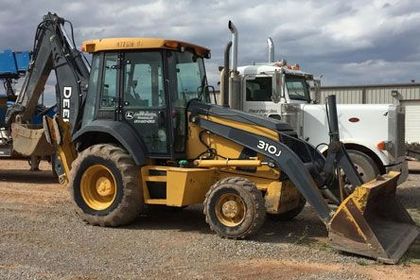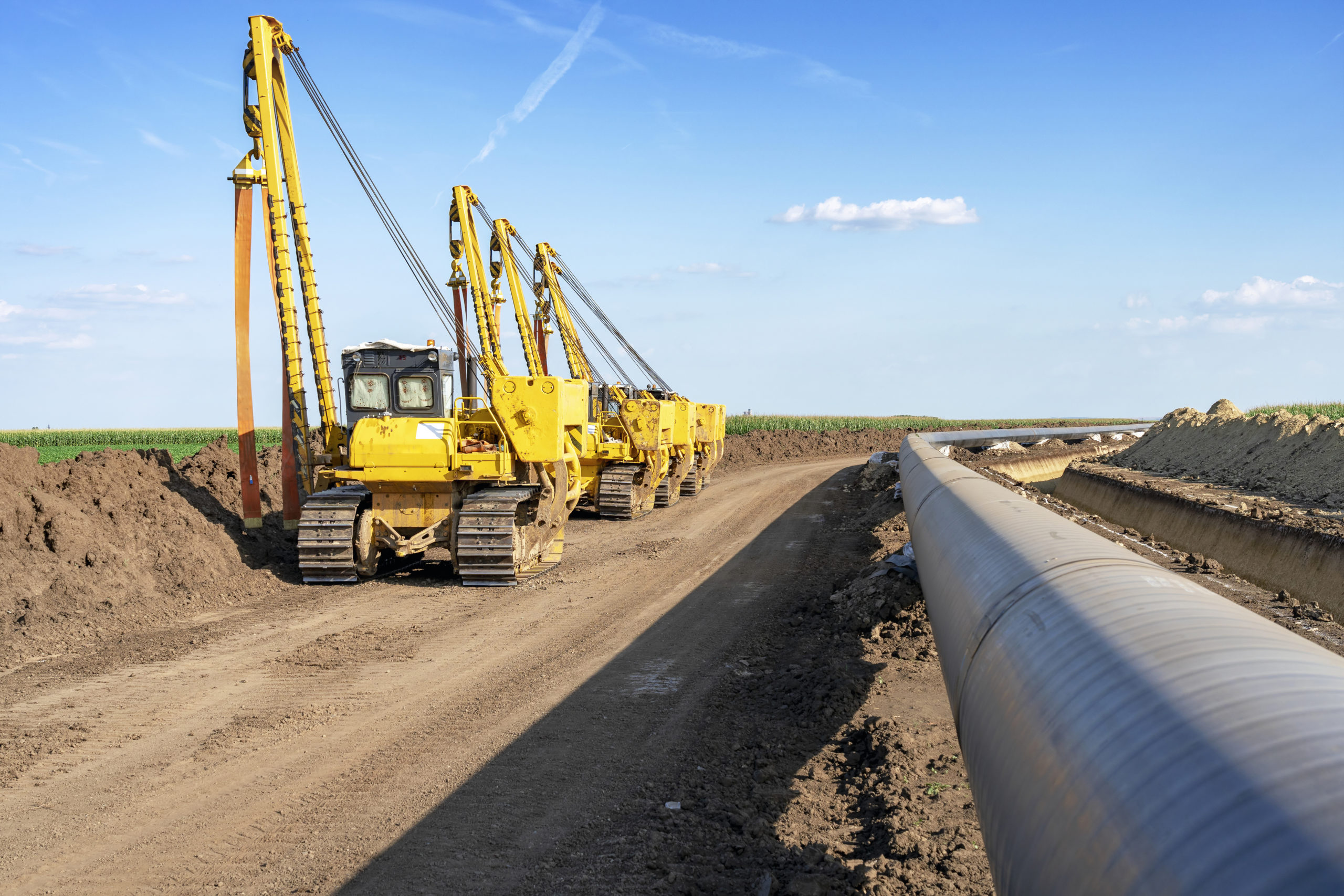Superior rentals squeeze tools: common mistakes to avoid
Wiki Article
A Comprehensive Guide to the Various Sorts Of Oil Field Equipment and Pipeline Equipment Available
The oil and gas industry depends heavily on customized tools for effective removal and transport. Numerous kinds of machinery, from piercing rigs to storage space containers, play vital functions in this complex procedure. Each tool offers distinctive features that add to total functional success. Comprehending these parts is necessary for any individual associated with the market. As the market progresses, so also do the innovations that sustain it. What innovations are on the horizon?
Drilling Rigs: The Foundation of Oil Expedition
Drilling rigs act as the necessary machinery in the domain name of oil exploration, making it possible for business to access hydrocarbon gets buried deep beneath the Planet's surface area. These rigs come in numerous kinds, including land rigs, offshore rigs, and mobile devices, each developed to operate in specific settings. Outfitted with advanced technology, drilling rigs can permeate geological developments with accuracy, guaranteeing effective resource extraction. The structural stability and operational capacities of these rigs are vital, as they should hold up against extreme problems and considerable stress. Moreover, the option of a boring rig influences the general task price and timeline, making it an important factor to consider for oil companies seeking to optimize their expedition initiatives and make the most of performance in their procedures.Pumps: Essential for Liquid Movement
In the oil extraction procedure, the duty of pumps is significant, helping with the motion of liquids throughout numerous phases of production. Pumps are vital for transferring unrefined oil, water, and other fluids from below ground tanks to the surface area and after that via pipelines to refineries. They can be found in various kinds, including centrifugal, favorable displacement, and submersible pumps, each offering particular objectives based on the fluid attributes and functional needs. Centrifugal pumps are frequently utilized for their performance in high-flow applications, while positive displacement pumps succeed in managing thick fluids. The choice of pump influences overall efficiency, functional safety, and upkeep costs. Proper selection and maintenance of pumps are essential for enhancing manufacturing and reducing downtime in oil field procedures.Valves: Controlling Circulation and Pressure

Valves play a vital role in managing the circulation and pressure of liquids within oil fields and pipelines. Different kinds of valves offer distinct applications, each developed to accomplish certain functions essential for reliable operation - Superior Rentals near me. Understanding the qualities and usages of these valves is crucial for maximizing system efficiency and security
Types of Valves
Crucial elements in oil area operations, valves play an important duty in controlling the circulation and stress of fluids within pipelines and equipment. Numerous kinds of valves are utilized to fulfill the diverse demands of oil and gas manufacturing. Usual types consist of gateway shutoffs, which give a straight-line circulation and very little pressure decrease; globe valves, recognized for their strangling abilities; and round shutoffs, identified for their fast on/off control. Furthermore, check valves avoid backflow, while butterfly valves supply a light-weight solution for managing circulation. Each shutoff type is created with particular materials and arrangements to stand up to the severe conditions often located in oil fields, ensuring dependability and efficiency in procedures. Comprehending these types is essential for efficient system management.Valve Applications and Features
While various kinds of valves serve distinct objectives, their primary applications focus on managing circulation and stress within oil and gas systems. Valves such as gateway, world, and sphere shutoffs regulate fluid activity, guaranteeing peak performance and safety and security. Gateway shutoffs are frequently made use of for on/off control, supplying marginal circulation resistance. World shutoffs, on the various other hand, offer specific flow guideline, making them suitable for throttling applications. Round valves are preferred for their quick procedure and limited securing abilities. On top of that, pressure safety valve are essential for avoiding system overpressure, protecting devices stability. On the whole, the appropriate choice and application of valves improve functional efficiency, making sure the dependable transport of oil and gas with pipelines and processing facilities.Compressors: Enhancing Gas Transport
Compressors play an essential role in the effective transport of gas, ensuring that it relocates efficiently via pipes over cross countries. These gadgets raise the pressure of gas, allowing it to get over rubbing and altitude modifications within the pipeline system. Additionally, compressors assist in the harmonizing of supply and demand, fitting changes in consumption and production rates. Different sorts of compressors are employed in the sector, consisting of centrifugal, reciprocating, and rotating screw compressors, each offering distinctive benefits based on the functional needs. Normal upkeep of these compressors is vital to take full advantage of efficiency and reduce downtime, inevitably adding to a trustworthy gas transportation network. Their vital function emphasizes the relevance of compressors in the overall oil and gas facilities.Storage Tanks: Safe and Efficient Fluid Administration
Effective transportation of gas depends on different sustaining systems, one of which is the correct management of storage space containers. These tanks play an essential function in securely including liquids, making certain that operational efficiency is preserved while minimizing environmental risks. Created from durable products, they are made to endure high stress and destructive aspects. Properly sized and strategically situated, storage space containers help with the smooth flow of gas and various other fluids, protecting against bottlenecks in supply chains. Routine upkeep and surveillance are essential to spot leakages or architectural issues, promoting safety and compliance with governing requirements. Ultimately, the efficient monitoring of storage containers is crucial for the total honesty and dependability of the oil and gas sector's fluid handling systems.
Pipeline Equipments: Facilities for Transport
Pipeline systems function as the foundation of the oil and gas industry, promoting the efficient transport of hydrocarbons over vast distances. These systems contain numerous elements, consisting of pipes, valves, pumps, and compressors, all thoroughly made to guarantee seamless circulation. The products made use of in pipeline additional resources construction, typically steel or high-density polyethylene, are selected for toughness and resistance to deterioration. Pipeline networks can cover throughout land and water, attaching manufacturing websites to refineries and distribution centers. In addition, advanced innovation makes it possible for real-time monitoring of flow prices and stress degrees, enhancing operational efficiency. The tactical placement of these pipelines minimizes environmental impact while taking full advantage of source availability, thereby playing a necessary function in meeting energy demands globally.Safety And Security Equipment: Ensuring Employee and Environmental Management
The operation of pipeline systems, while crucial for power transportation, additionally provides considerable safety obstacles for employees and the atmosphere. Safety equipment plays a substantial function in reducing these risks. Individual safety equipment (PPE) such as safety helmets, handwear covers, and non-slip shoes safeguards workers from physical threats. In addition, gas discovery systems keep an eye on for leakages, guaranteeing that hazardous substances do not posture a danger to personnel or the bordering environment. Emergency closure systems are necessary for rapidly stopping operations during a dilemma, preventing prospective disasters. Spill containment products, including absorbents and barriers, are basic for lessening environmental influence. Overall, spending in all-inclusive security tools is vital for maintaining operational integrity and protecting both employees and the setting in the oil and gas market.
Regularly Asked Questions
Just how Do I Select the Right Oil Field Equipment for My Job?
Picking the ideal oil field tools entails examining project requirements, budget plan restrictions, and operational requirements. Take into consideration variables such as equipment reliability, compatibility with existing systems, and the distributor's reputation to ensure peak efficiency and safety.What Are the Upkeep Needs for Oil Field Equipment?
Upkeep needs for oil area tools include regular inspections, lubrication, and timely repairs. Operators should likewise follow supplier standards, display efficiency metrics, and warranty conformity fix a leak plumbing with security guidelines to enhance long life browse around this web-site and effectiveness.
How Can I Make Sure Conformity With Environmental Regulations?
To assure conformity with environmental laws, business must perform regular audits, apply best techniques, spend in training, maintain correct documents, and remain upgraded on regulations (Superior Oilfield pipeline equipment rentals). Cooperation with environmental firms can also boost adherence to guidelinesWhat Is the Average Life-span of Pipeline Equipment?
The average life-span of pipeline devices commonly ranges from 20 to half a century, depending upon elements such as material high quality, environmental problems, and upkeep techniques. Regular examinations can substantially influence long life and functional performance.How Do I Securely Deliver Oil Field Equipment to Remote Locations?
Transporting oil area tools to remote areas requires mindful preparation, including route analysis, safeguarding permits, making use of appropriate cars, and ensuring security methods are followed. Proper training and interaction among staffs are important for effective transport.Report this wiki page